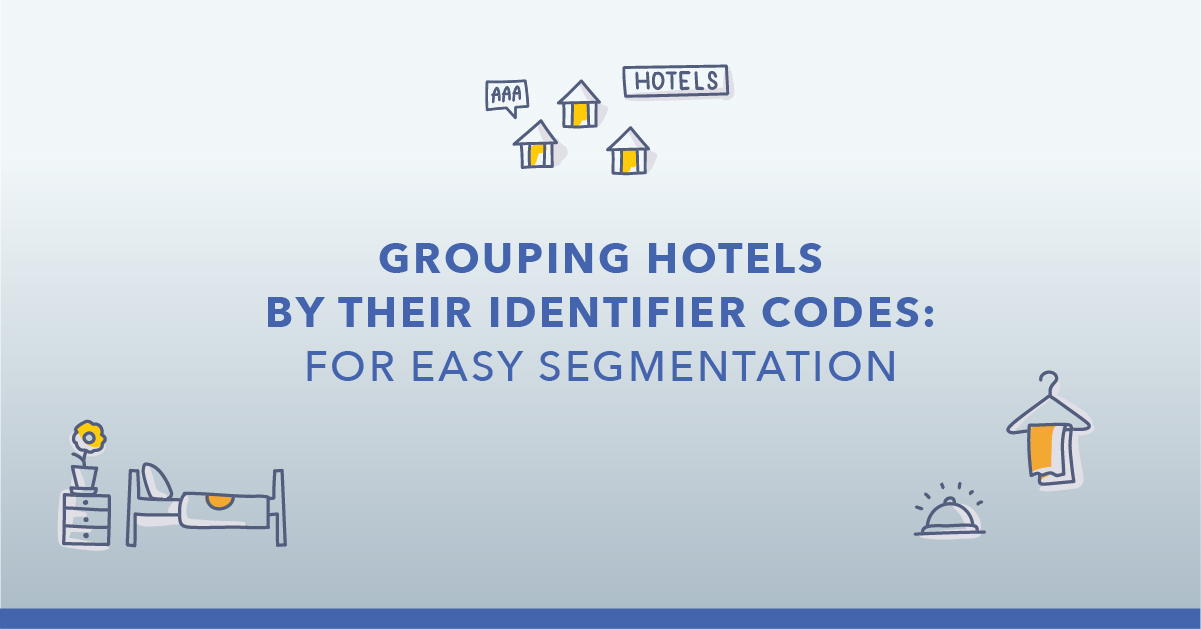Hotel and travel SEOs know how cumbersome it can be to manage multiple property profiles. Things get even more complicated when there are multiple properties in the same city.
Marketers need to isolate these properties from the group to analyze individual performance, which creates a massive need for advanced segmentation.
But with formidable URL structures that look more like a riddle than a set of parameters, this proves to be a challenge for most hotel brands.
Getting Lost in URL Structures
You don’t need me to tell you that your enterprise site has a lot of moving parts — how do you make sense of it all?
More hotel properties means more data that needs to be sorted, and more processes that need to be scaled.
Not to mention, hotel properties have a unique component that others in the travel space may not face: unique identifier codes in the URL.
This makes total sense: As a travel SEO, you want to track rankings specific to a hotel property. Unfortunately, nearly all SEO platforms are set up for rank tracking only at the domain or subfolder level; and these identifier codes are neither.
There’s an identifier code somewhere in your URL string, and you need to locate that string for a deeper analysis.
![]()
So, here what we know so far:
- Most SEO platforms can’t report on specific hotel profiles.
- Rank reporting in most platforms essentially becomes useless, since they only show where any hotel from your brand rank (not a specific hotel).
This lack of segmentation doesn’t just apply to most SEO platforms.
Search Console and analytics data integration sees the same problem. Let’s look at Search Console: SEOs usually don’t have individual profiles for all individual properties so the individual segmentation just isn’t there.
Yes, you can access their raw ranking data, but that’s a massive amount of work to go through to get this segmentation right.
Unique Codes for Advanced Segmentation
Enterprise SEOs know that advanced, granular segmentation is never a bad thing.
The ability to pull individual properties out of the larger group allows you to track the performance of each individual hotel (and gives a detailed look into the local competitive landscape).
Maybe a more overlooked point is that this can help structure the internal team. Each SEO manager could be associated with particular hotel locations, for example. They would only want to pay attention to those locations for their own work.
Solving the Problem at seoClarity
We recognized the above challenge in our enterprise travel clients, and built from the ground up feature that solves it: We can grab anything from any part of the URL string.
We can match that specific information across multiple locations to hone in a specific property. That goes for all of your data: Analytics, Search Console, and rankings, all reporting the data for pages that belong to a specific hotel.

(Segment data across the entire seoClarity platform.)
Best yet, this is completely at scale, with everything built directly into the platform right out of the box (no need to set up advanced RegEx patterns to try to locate information!).
This unique approach to reporting and analysis means that a hotel brand can set up a profile for every hotel and straight away get to reporting specifically to that hotel.






Comments
Currently, there are no comments. Be the first to post one!